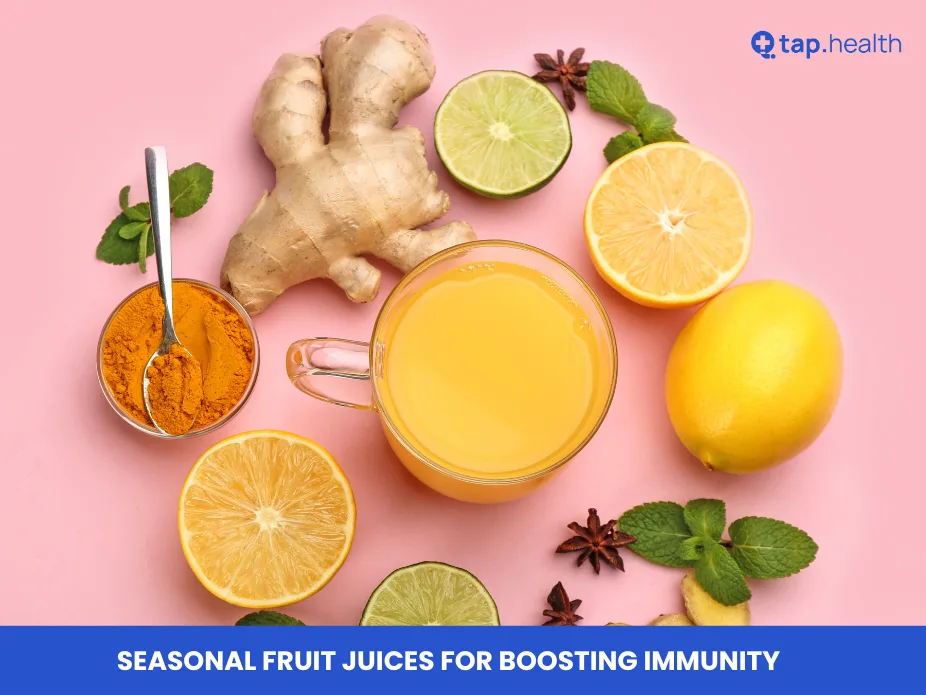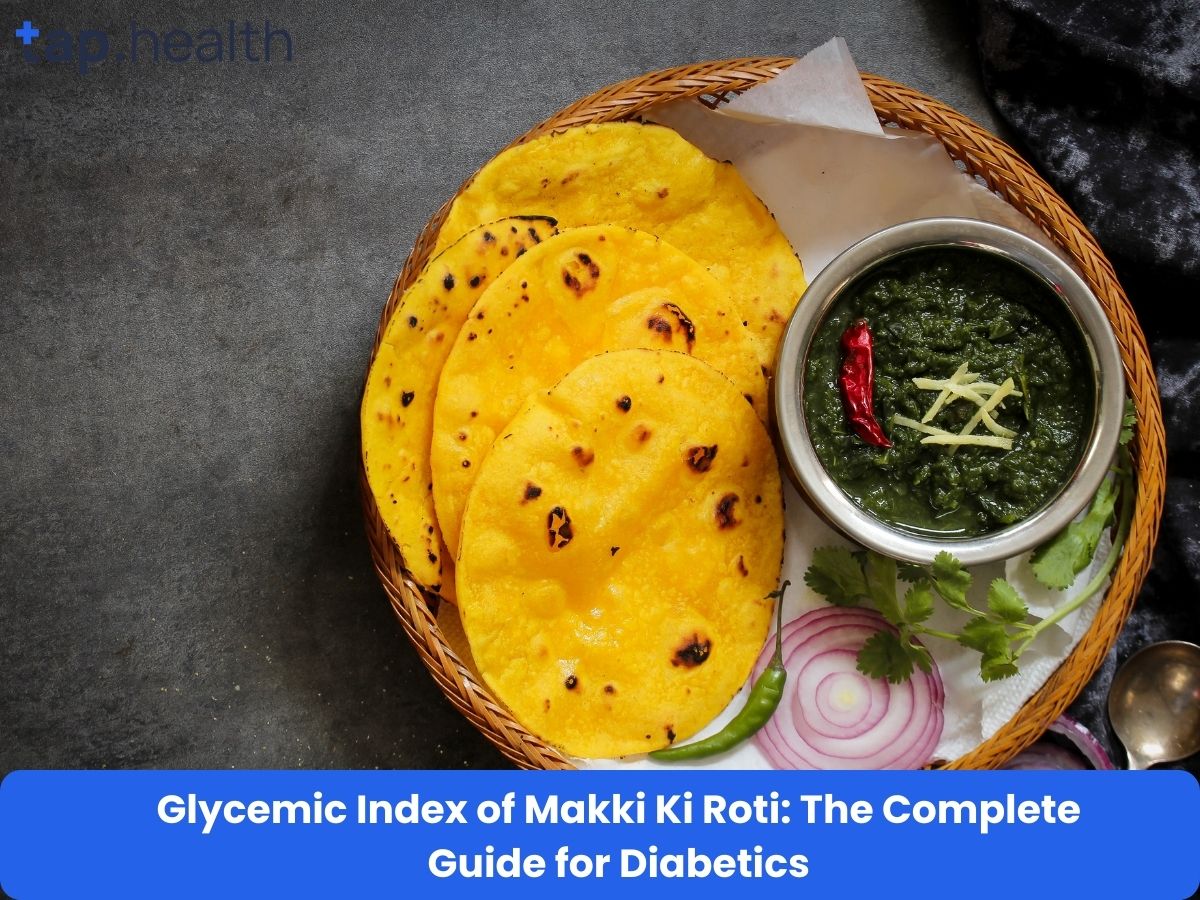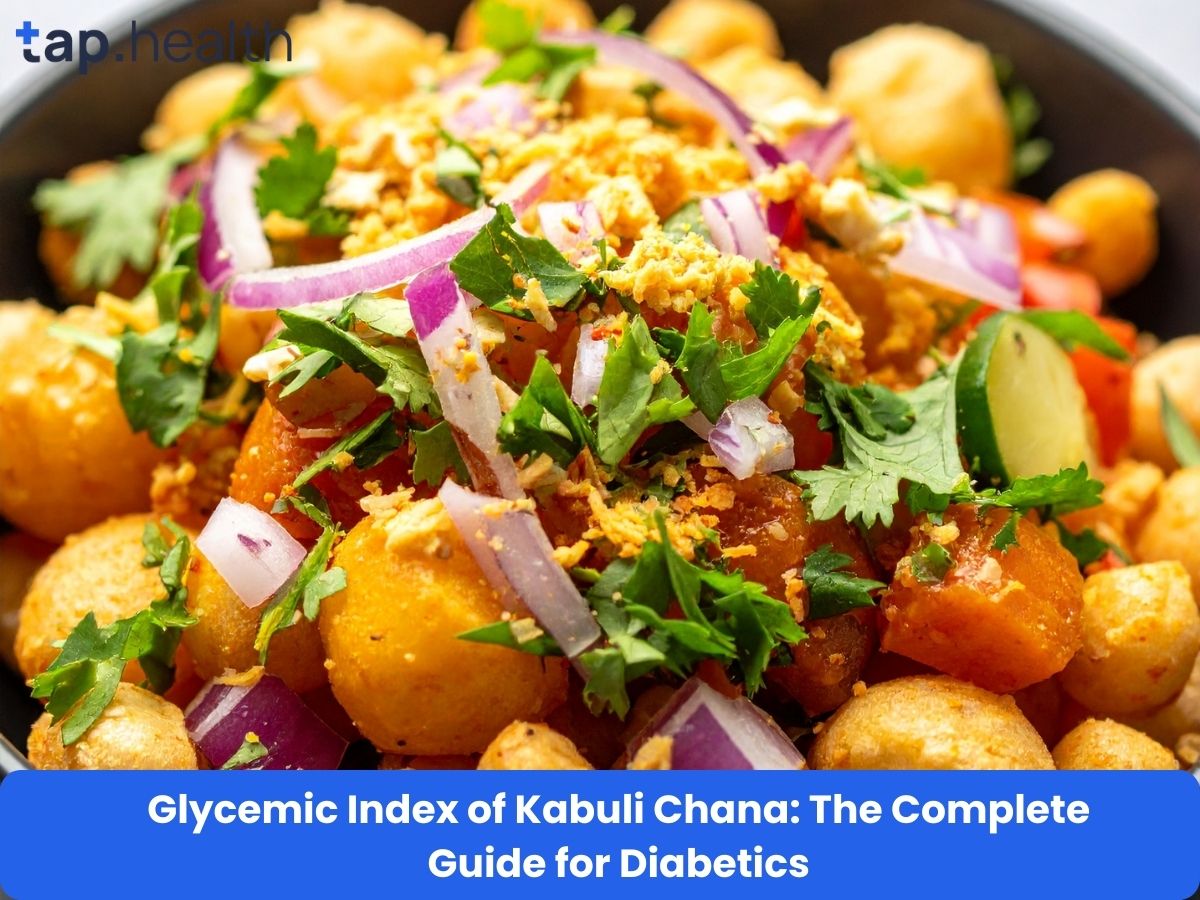In today’s fast-paced world, maintaining a robust immune system is more crucial than ever. One of the most effective and enjoyable ways to enhance your immunity is through the consumption of seasonal fruit juices. Packed with essential vitamins, minerals, and antioxidants, these natural beverages can provide your body with the nutrients it needs to fend off illnesses and stay healthy throughout the year. This comprehensive guide explores the best seasonal fruit juices for boosting immunity, offering detailed insights, expert opinions, and practical recommendations to help you incorporate these delicious drinks into your daily routine.
Why Seasonal Fruit Juices?
Seasonal fruit juices harness the peak nutritional value of fruits harvested at their prime. Consuming fruits in their season ensures that you receive the highest levels of vitamins, minerals, and antioxidants, which are essential for a strong immune system. Additionally, seasonal juices are often fresher, more flavorful, and more affordable than out-of-season alternatives.
Top Seasonal Fruit Juices for Boosting Immunity
1. Citrus Blast (Winter)
Benefits: Citrus fruits like oranges, grapefruits, lemons, and limes are rich in Vitamin C, a powerful antioxidant that boosts the immune system by supporting various cellular functions of both the innate and adaptive immune system.
Nutritional Profile:
- Vitamin C: 70 mg per serving
- Antioxidants: Flavonoids and carotenoids
- Other Nutrients: Potassium, folate
Why It’s Great for Winter: Citrus fruits are at their peak during winter, making them perfect for combating cold and flu season. The high Vitamin C content helps reduce the duration and severity of colds, while the antioxidants fight free radicals that weaken the immune system.
Reference: Healthline – Benefits of Vitamin C
2. Berry Boost (Summer)
Benefits: Berries such as strawberries, blueberries, raspberries, and blackberries are loaded with antioxidants, vitamins, and fiber. These nutrients help enhance immune function, reduce inflammation, and protect against chronic diseases.
Nutritional Profile:
- Vitamin C: 50 mg per serving
- Antioxidants: Anthocyanins, quercetin
- Other Nutrients: Fiber, manganese
Why It’s Great for Summer: Berries thrive in the summer, offering a sweet and refreshing way to boost immunity. Their high antioxidant content helps protect the body from oxidative stress caused by excessive sun exposure and heat.
Reference: Medical News Today – Berry Benefits
3. Apple-Ginger Elixir (Fall)
Benefits: Apples are a great source of Vitamin C and fiber, while ginger adds anti-inflammatory and antimicrobial properties. This combination supports immune health and aids in digestion.
Nutritional Profile:
- Vitamin C: 14 mg per serving
- Antioxidants: Polyphenols, gingerol
- Other Nutrients: Fiber, potassium
Why It’s Great for Fall: Apples are abundant in the fall, and their pairing with ginger creates a warming, immune-boosting beverage perfect for the cooler months. This juice helps keep colds at bay and supports overall wellness.
Reference: Harvard T.H. Chan School of Public Health – Apples and Health
4. Tropical Immunity Punch (Spring)
Benefits: Tropical fruits like pineapples, mangoes, papayas, and kiwis are rich in Vitamin C, Vitamin A, and various antioxidants. These nutrients are essential for a strong immune response and skin health.
Nutritional Profile:
- Vitamin C: 60 mg per serving
- Vitamin A: 1500 IU per serving
- Antioxidants: Beta-carotene, lycopene
Why It’s Great for Spring: Spring is a time of renewal, and tropical immunity punch provides a vibrant, nutrient-dense drink to revitalize your body after winter. The high Vitamin C content supports immune function as the weather warms.
Reference: Frontiers in Nutrition – Tropical Fruits and Immunity
5. Pomegranate Power (Autumn/Winter)
Benefits: Pomegranates are packed with Vitamin C, Vitamin K, and powerful antioxidants like punicalagins and anthocyanins. These compounds help reduce inflammation and boost the immune system.
Nutritional Profile:
- Vitamin C: 28 mg per serving
- Vitamin K: 28 mcg per serving
- Antioxidants: Punicalagins, anthocyanins
Why It’s Great for Autumn/Winter: Pomegranates are harvested in the fall and store well into winter, making them an excellent addition to immune-boosting juices during the colder months when immunity needs extra support.
Reference: National Pomegranate Research Center – Pomegranate Health Benefits
Real-Life Scenarios
Busy Professionals Seeking Immune Support
Imagine a busy professional juggling work, family, and personal commitments. Incorporating a daily glass of seasonal fruit juice can provide essential nutrients that help maintain energy levels and support the immune system. For example, starting the day with a citrus blast can fend off winter colds and keep the immune system strong during flu season.
Families with Young Children
Families with young children are often exposed to various germs, making immune support crucial. Preparing berry boost juices as a healthy snack can help children develop stronger immune systems, reducing the likelihood of frequent illnesses and ensuring they stay active and engaged.
Athletes Enhancing Performance
Athletes require optimal immune function to perform at their best. Drinking apple-ginger elixir can not only boost immunity but also aid in muscle recovery and reduce inflammation, allowing athletes to train harder and recover faster.
Seniors Maintaining Health
Seniors are more susceptible to weakened immune systems. Tropical immunity punch provides a tasty and nutritious way for older adults to enhance their immune function, support skin health, and maintain overall vitality during the spring and summer months.
Seasonal Transitions
During seasonal transitions, the body needs extra support to adjust to changing temperatures and increased exposure to allergens. Pomegranate power juices can help mitigate these stresses by providing antioxidants that reduce inflammation and support immune resilience.
Expert Contributions
Dr. Laura Thompson, Nutritionist
“Seasonal fruit juices are an excellent way to boost immunity naturally. They provide a concentrated source of essential vitamins and antioxidants that support the body’s defense mechanisms. By choosing juices that are in season, you ensure that you’re getting the freshest and most nutrient-dense options available.”
Chef Miguel Hernandez, Culinary Expert
“Incorporating seasonal fruits into juices not only enhances their flavor but also maximizes their nutritional benefits. For example, pairing apples with ginger in the fall creates a warm and comforting drink that supports immune health while also satisfying your taste buds. Seasonal juices can be both delicious and functional.”
Dr. Robert Williams, Immunologist
“Maintaining a strong immune system is crucial for overall health, and nutrition plays a key role in this. Seasonal fruit juices provide a natural and effective way to deliver essential nutrients that support immune function, reduce inflammation, and protect against oxidative stress. These juices are a valuable addition to any health regimen.”
Recommendations Grounded in Proven Research and Facts
Incorporate a Variety of Fruits
To maximize immune-boosting benefits, incorporate a variety of seasonal fruits into your juices. Different fruits offer unique vitamins and antioxidants, providing a comprehensive range of nutrients that support various aspects of the immune system.
Consume Freshly Squeezed Juices
Freshly squeezed juices retain more nutrients compared to store-bought options, which may contain added sugars and preservatives. Making juice at home ensures that you receive the full spectrum of vitamins and antioxidants without unnecessary additives.
Balance with a Healthy Diet
While fruit juices are beneficial, they should complement a balanced diet rich in whole fruits, vegetables, lean proteins, and whole grains. This holistic approach ensures that you receive a wide array of nutrients necessary for optimal immune function.
Monitor Sugar Intake
Although natural sugars in fruits are healthier than added sugars, it’s important to consume fruit juices in moderation to avoid excessive calorie intake and potential blood sugar spikes. Aim for one serving per day and pair it with other low-sugar foods.
Stay Hydrated
In addition to consuming fruit juices, ensure you stay hydrated by drinking plenty of water throughout the day. Proper hydration supports all bodily functions, including immune health.
Customize Your Juices
Feel free to experiment with different fruit combinations to suit your taste preferences and nutritional needs. Adding ingredients like turmeric, spinach, or chia seeds can further enhance the immune-boosting properties of your juices.
Consult Healthcare Professionals
If you have underlying health conditions or are on medication, consult with a healthcare professional before making significant changes to your diet, including the introduction of new fruit juices.
Reference: National Institutes of Health – Nutrition and Immune Function
Factual and Reliable Information
Understanding the Role of Vitamins and Antioxidants
Vitamins such as Vitamin C, Vitamin A, and Vitamin E play pivotal roles in maintaining immune health. Vitamin C enhances the production of white blood cells, which are essential for fighting infections. Vitamin A supports the integrity of skin and mucosal barriers, acting as the first line of defense against pathogens. Vitamin E acts as an antioxidant, protecting immune cells from oxidative damage.
Antioxidants like flavonoids, anthocyanins, and betalains neutralize free radicals, reducing oxidative stress and inflammation. Chronic inflammation and oxidative stress can weaken the immune system, making the body more susceptible to infections and diseases.
Seasonal Nutrient Availability
Fruits harvested in their natural season are typically richer in nutrients compared to those grown out of season. Seasonal fruits are allowed to ripen fully, resulting in higher concentrations of vitamins, minerals, and antioxidants. This makes seasonal juices more effective in supporting immune health.
The Importance of Freshness
Nutrient degradation begins as soon as fruits are harvested. Freshly squeezed juices retain the highest levels of vitamins and antioxidants, ensuring maximum immune-boosting benefits. Over time, exposure to light, heat, and oxygen can diminish the nutritional value of juices, reducing their efficacy in supporting the immune system.
Synergistic Effects of Fruit Combinations
Combining different fruits in juices can create synergistic effects, where the combined nutrients enhance each other’s absorption and effectiveness. For example, the Vitamin C in citrus fruits can enhance the absorption of iron from apples, while the antioxidants in berries can work alongside the fiber in apples to support overall immune health.
Practical Tips for Maximizing Benefits
- Use Fresh, Organic Fruits: Organic fruits are free from pesticides and harmful chemicals, ensuring that your juice is as pure and nutritious as possible.
- Consume Immediately: Drink your juice soon after preparing it to benefit from the highest nutrient levels.
- Store Properly: If you need to store juice, use airtight containers and keep them refrigerated to slow down nutrient degradation.
- Include Vegetables: Adding vegetables like spinach, kale, or carrots can increase the nutrient density of your juice without adding excessive sugar.
References
- Harvard T.H. Chan School of Public Health – Apples and Health
https://www.hsph.harvard.edu/nutritionsource/food-features/apples/ - Journal of Nutrition – Nutrition and Immune Function
- Mayo Clinic – Immune System: How It Works
https://www.mayoclinic.org/tests-procedures/immune-system/about/pac-20385052
Frequently Asked Questions (FAQs) on Seasonal Fruit Juices for Boosting Immunity
1. Can seasonal fruit juices replace my daily vitamin supplements?
While seasonal fruit juices are rich in essential vitamins and antioxidants, they should complement, not replace, a balanced diet and any prescribed supplements. It’s important to consult with a healthcare provider before making significant changes to your supplement regimen.
2. How much fruit juice should I drink daily for immune support?
A daily intake of 1-2 cups of fresh, seasonal fruit juice is generally recommended. This provides a good balance of nutrients without excessive sugar intake. Always consider individual dietary needs and consult with a nutritionist if unsure.
3. Are there any side effects of drinking too much fruit juice?
Excessive consumption of fruit juice can lead to high sugar intake, which may contribute to weight gain, blood sugar spikes, and dental issues. It’s best to consume fruit juices in moderation and balance them with whole fruits and other nutritious foods.
4. Can I mix different seasonal fruit juices together?
Yes, mixing different seasonal fruit juices can enhance their flavor and nutritional profile. Combining juices like citrus blast with berry boost can create a well-rounded, nutrient-dense beverage that supports immunity.
5. Is homemade fruit juice healthier than store-bought juice?
Homemade fruit juice is typically healthier as it contains no added sugars, preservatives, or artificial ingredients. It allows you to control the ingredients and maximize the nutritional benefits by using fresh, organic fruits.
6. How can I preserve the nutrients in my fresh fruit juice?
To preserve nutrients, consume fresh fruit juice immediately after preparation. If you need to store it, keep it in airtight containers in the refrigerator and consume it within 24-48 hours. Freezing juice in ice cube trays can also help retain nutrients for longer periods.
7. Are there specific fruits that are better for immune-boosting juices?
Yes, fruits high in Vitamin C and antioxidants, such as citrus fruits, berries, pomegranates, and kiwi, are particularly effective in boosting immunity. These fruits help enhance immune function and protect the body against oxidative stress.
8. Can children benefit from drinking seasonal fruit juices?
Yes, children can benefit from the vitamins and antioxidants in seasonal fruit juices. However, it’s important to limit their intake to prevent excessive sugar consumption and encourage a balanced diet with whole fruits and vegetables.
9. How do antioxidants in fruit juices support the immune system?
Antioxidants neutralize free radicals, reducing oxidative stress and inflammation. This helps maintain the integrity of immune cells and enhances their ability to fight off infections and diseases.
10. Can seasonal fruit juices help prevent the common cold?
While no juice can guarantee prevention of the common cold, the high Vitamin C and antioxidant content in seasonal fruit juices can strengthen the immune system, potentially reducing the frequency and severity of colds.



